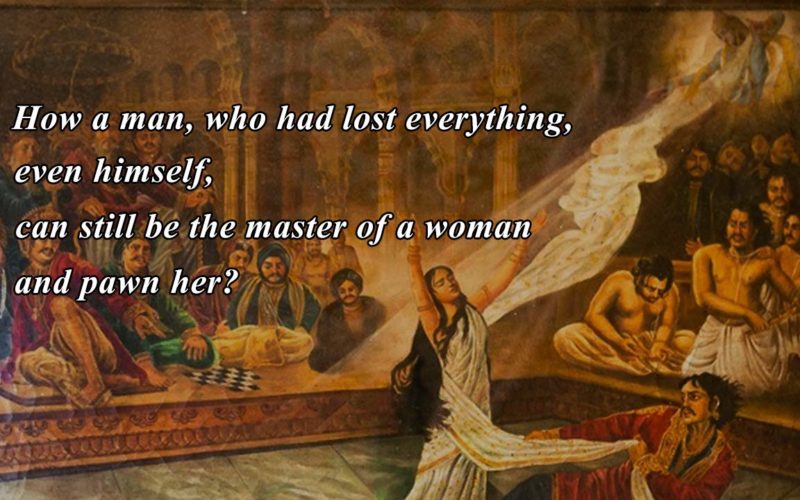- 11.5Kshares
- Share
- Tweet
- Facebook Messenger
The Mahabharata, till this day, remains one of the foremost epic sagas our country has produced. In fact, what India is today – the values, the traditions that unite the diverse cultures and ethnicity of our country, is largely inspired from this epic tale of valour.
Be it the shenanigans of the Kauravas or the wisdom of the Krishna, this epic talks about it all and more.
Chitra Banerjee Divakaruni’s noted novel The Palace of Illusions, which is written from Draupadi’s point of view, asks some very important questions, especially about the patriarchal practices, that in some or the other way, continue to bind us till date.
1. Even a princess born out of fire couldn’t avoid the way the birth of a girl child is perceived in India, as something of a bane
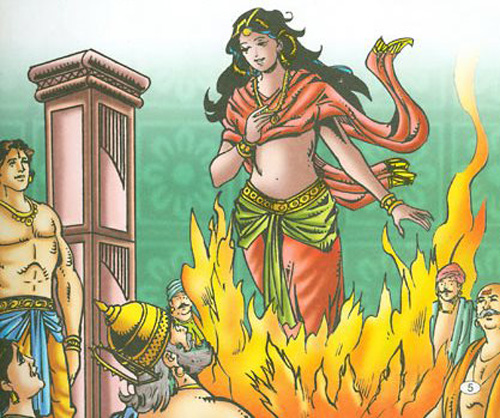
Come to think of “the meaning of the names our father chose. Dhristadyumna, Destroyer of Enemies. Draupadi, Daughter of Drupad.” And Draupadi is left to wonder “Granted, he hadn’t been expecting me, but couldn’t my father have come up with something a little less egoistic?”
2. Draupadi was the most sought after beauty, but even she couldn’t live up to the ‘standards’
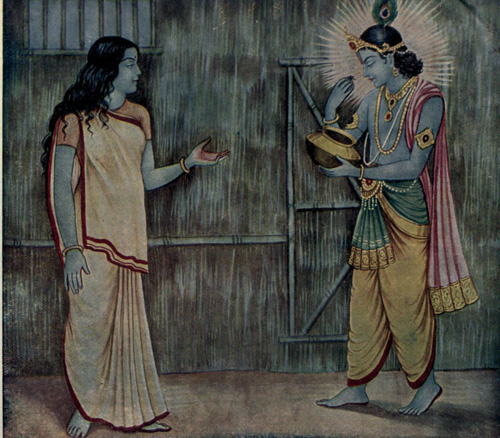
Despite her personality and beauty, she herself was compelled to think of herself as “a princess afflicted with a skin so dark that people termed it blue”.
3. The utterly devastating way Indian marriages made women lose everything
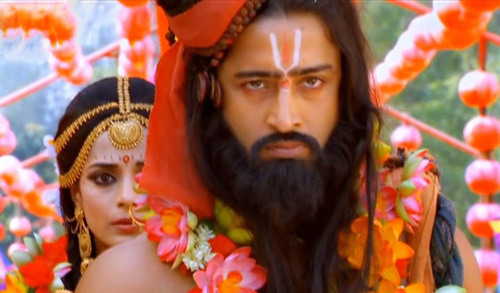
Draupadi, born a princess and brought up in a palace amidst every luxury possible, was made to follow Arjuna (her only husband immediately after the swayamvara), to the Pandavas’ hut inside the forest, and live a life of complete drudgery. Did she choose it, or rather did she even have a say in it? Not much!
4. The power of a man over his wife in the Indian society
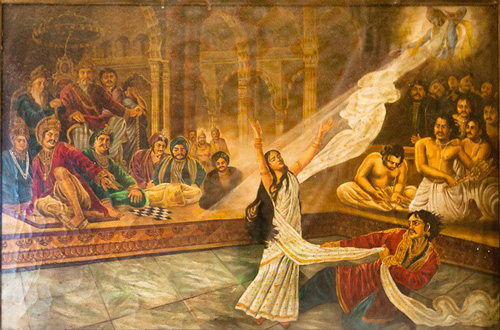
When Yudhishthir lost even himself at the game of dices with the Kauravas, he pawned his (and his 4 brothers’) wife Draupadi, who was dragged by her hair to the court, only to be publicly humiliated. And only she had the courage to ask how a man, who had lost everything, even himself, can still be the master of a woman and pawn her.
5. Draupadi was forced to marry 5 men – An act of utter cruelty glorified through the ages
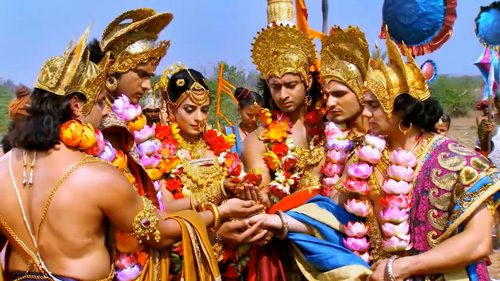
The sage Vyasa sealed Draupadi’s fate saying she’ll have 5 husbands, and that she did, after a politically manipulated swayamvara, without anyone even bothering to enquire if that was the fate she had wanted!
6. To pay for the Indian obsession with virginity, Draupadi had to bear the excruciating pain of having her hymen break, every year of her life
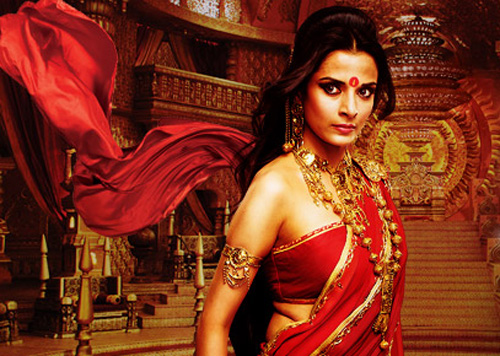
Vyasa, the sage, gives her a “boon” to make up for her fate of being a “communal drinking cup” (read having 5 husbands at a time). The boon was that each time Draupadi goes to live with one of her husbands, her virginity will be restored. And it was only Draupadi herself who wonders if this so called boon is for her benefit or for her husbands – sums up the Indian obsession with a woman’s virginity, does it not?
7. Kurukshetra war, generally perceived as a war between the ‘right’ and the ‘wrong,’ was nothing but devastation after all
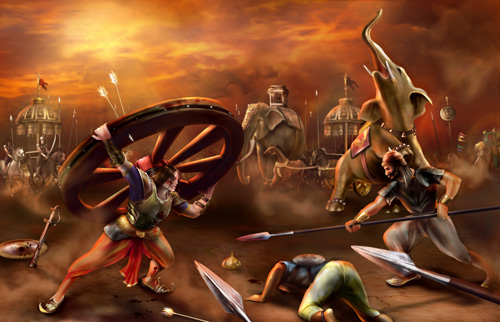
As Duryodhana asked Yudhishthira at the end of the war, “I’m going to heaven to enjoy all its pleasures with my friends. You’ll rule a kingdom peopled with widows and orphans and wake each morning to the grief of loss. Who’s the real winner, then, and who the loser?”, the very war was nothing but an act of nationwide wreckage.
Epics after all, are based on devastations, be it, of living beings or of morality.
P.S. Do tell us about your thoughts on the novel in the comments.
- 11.5Kshares
- Share
- Tweet
- Facebook Messenger




